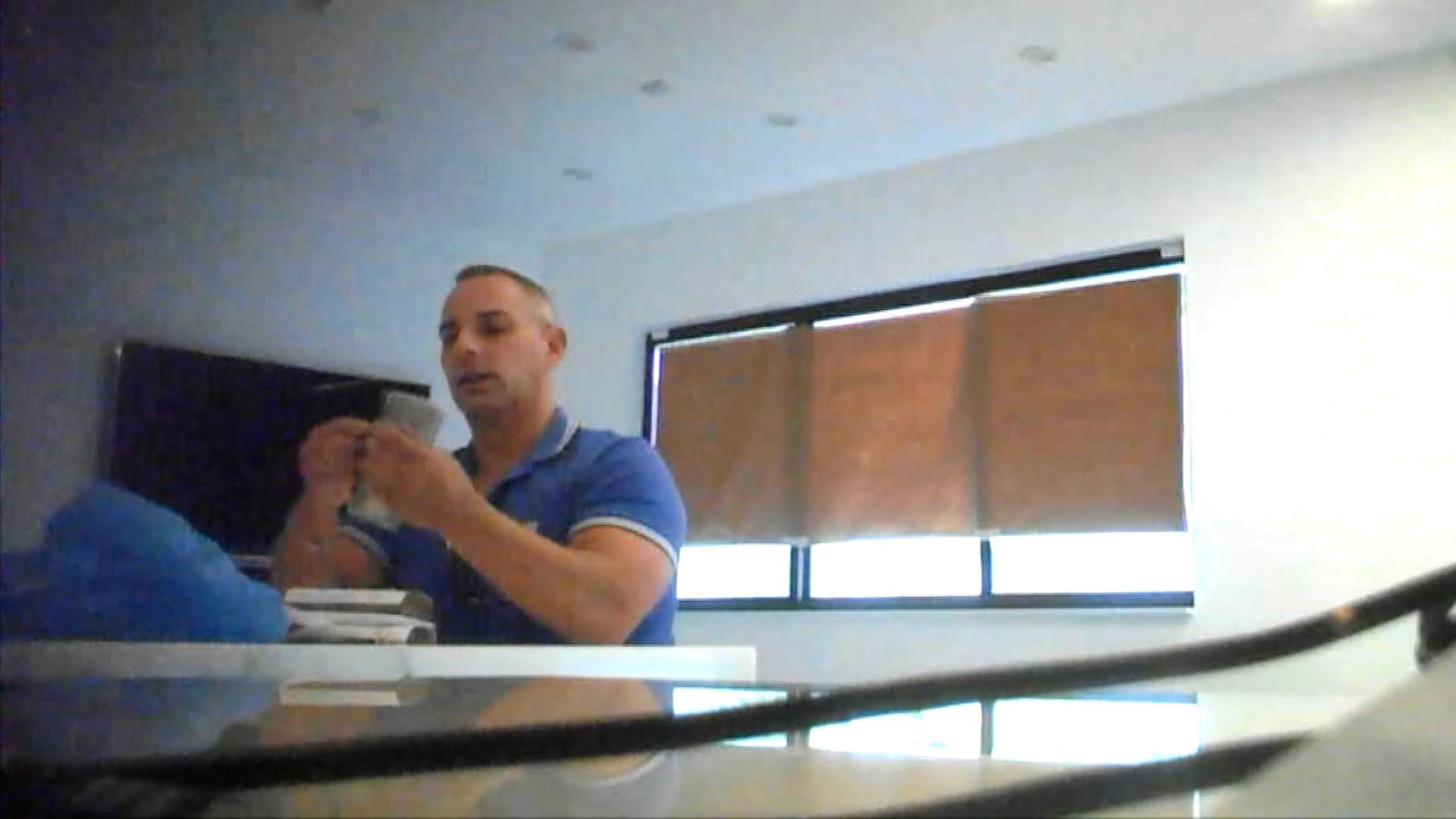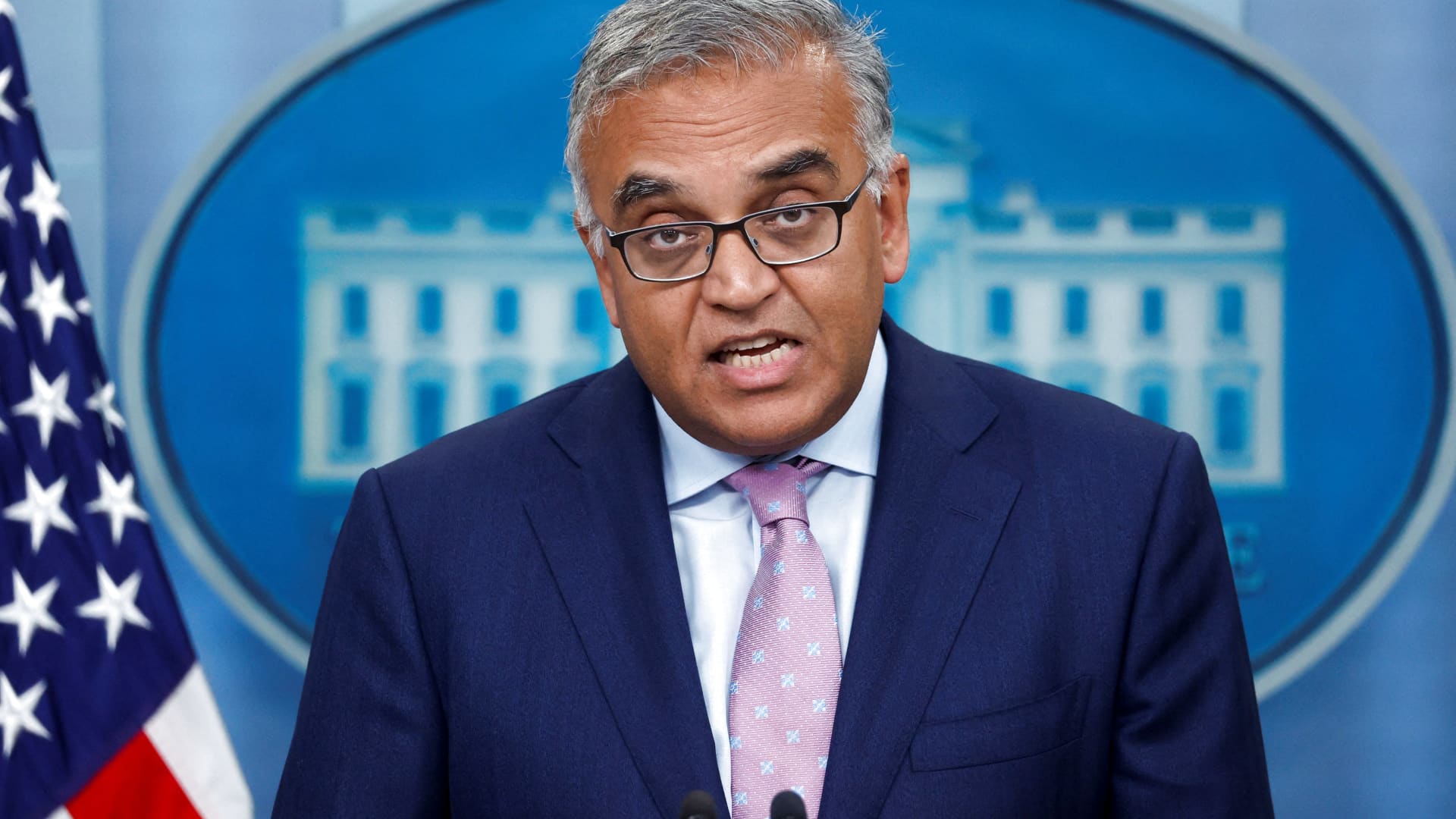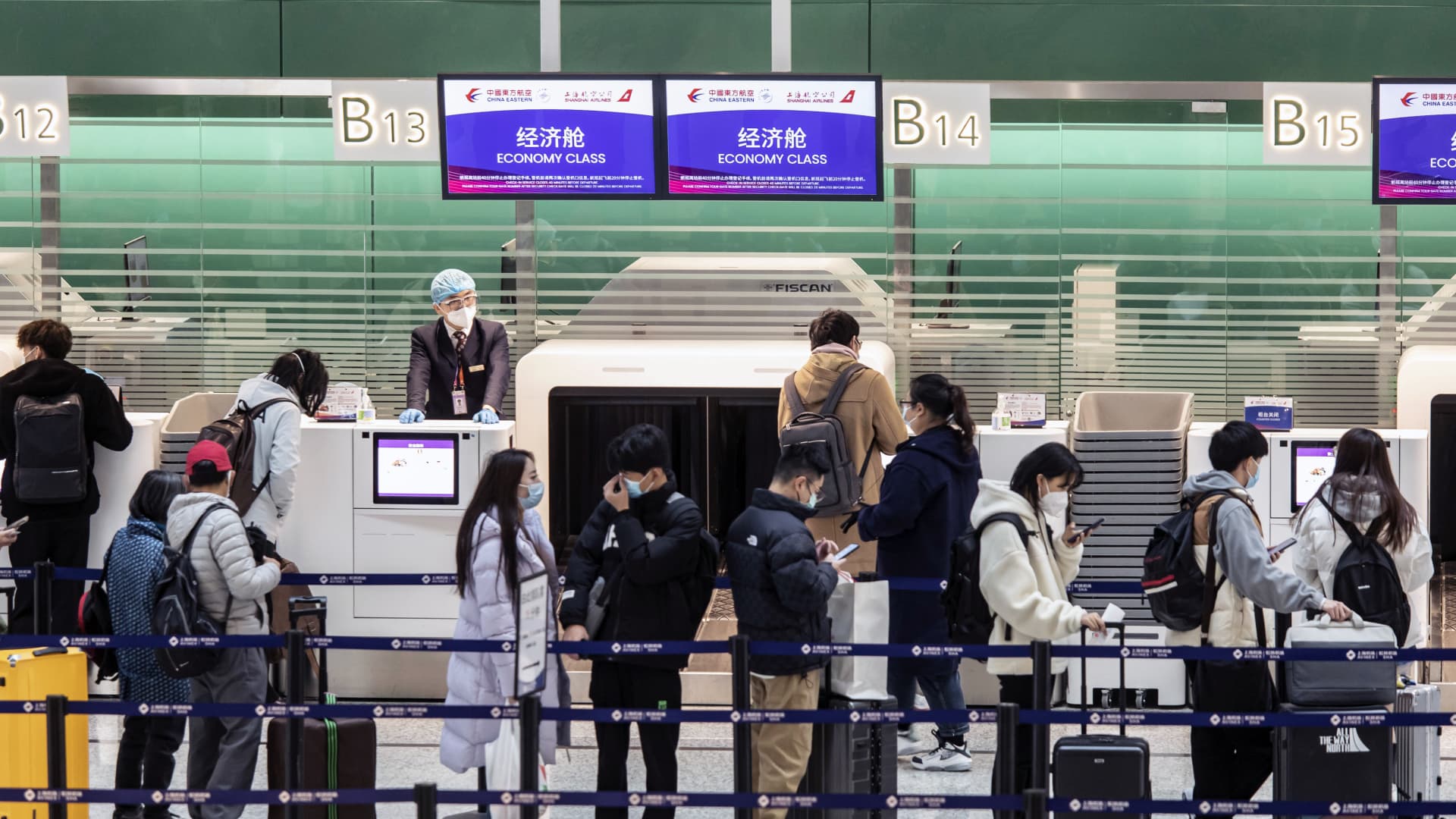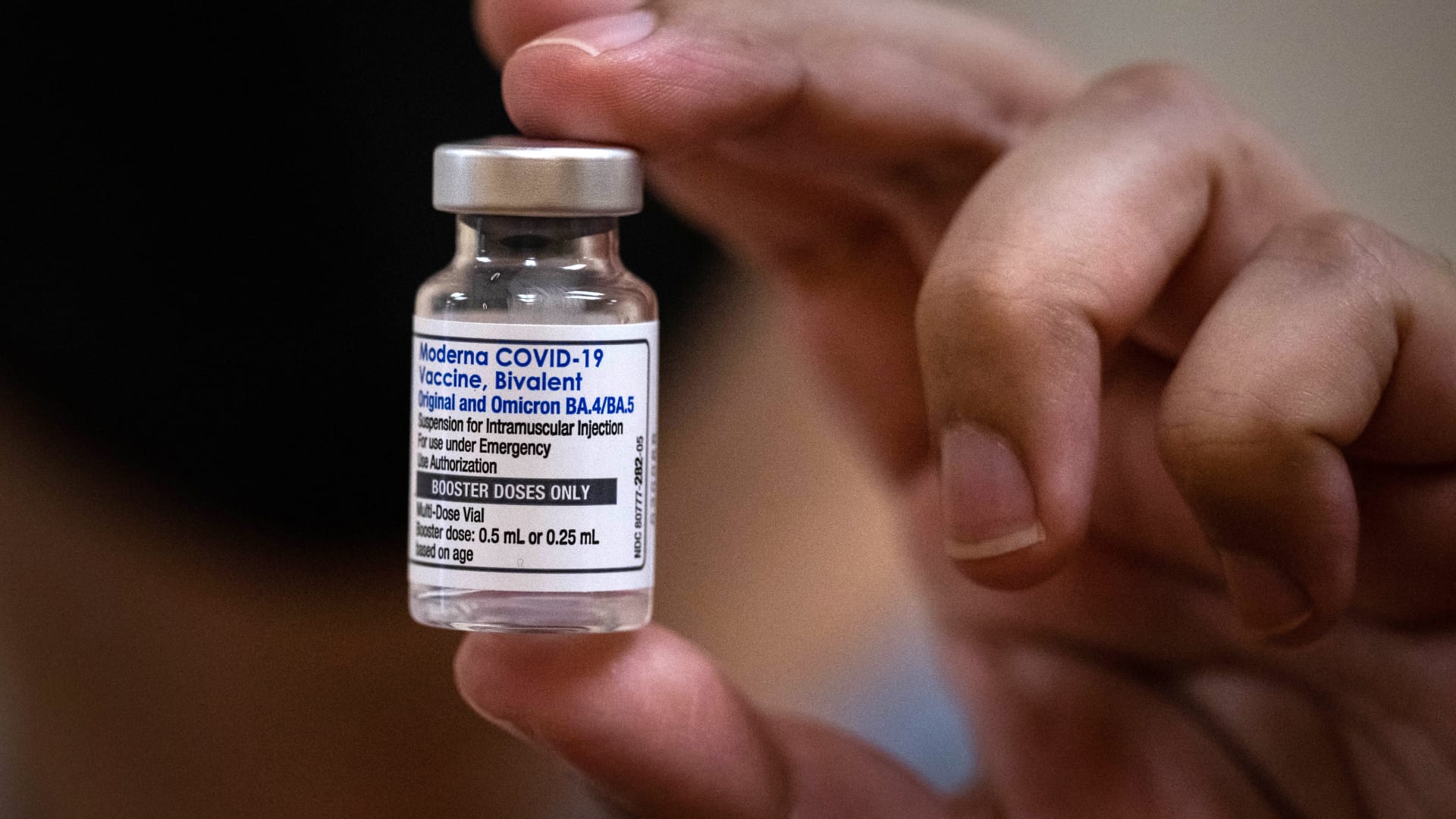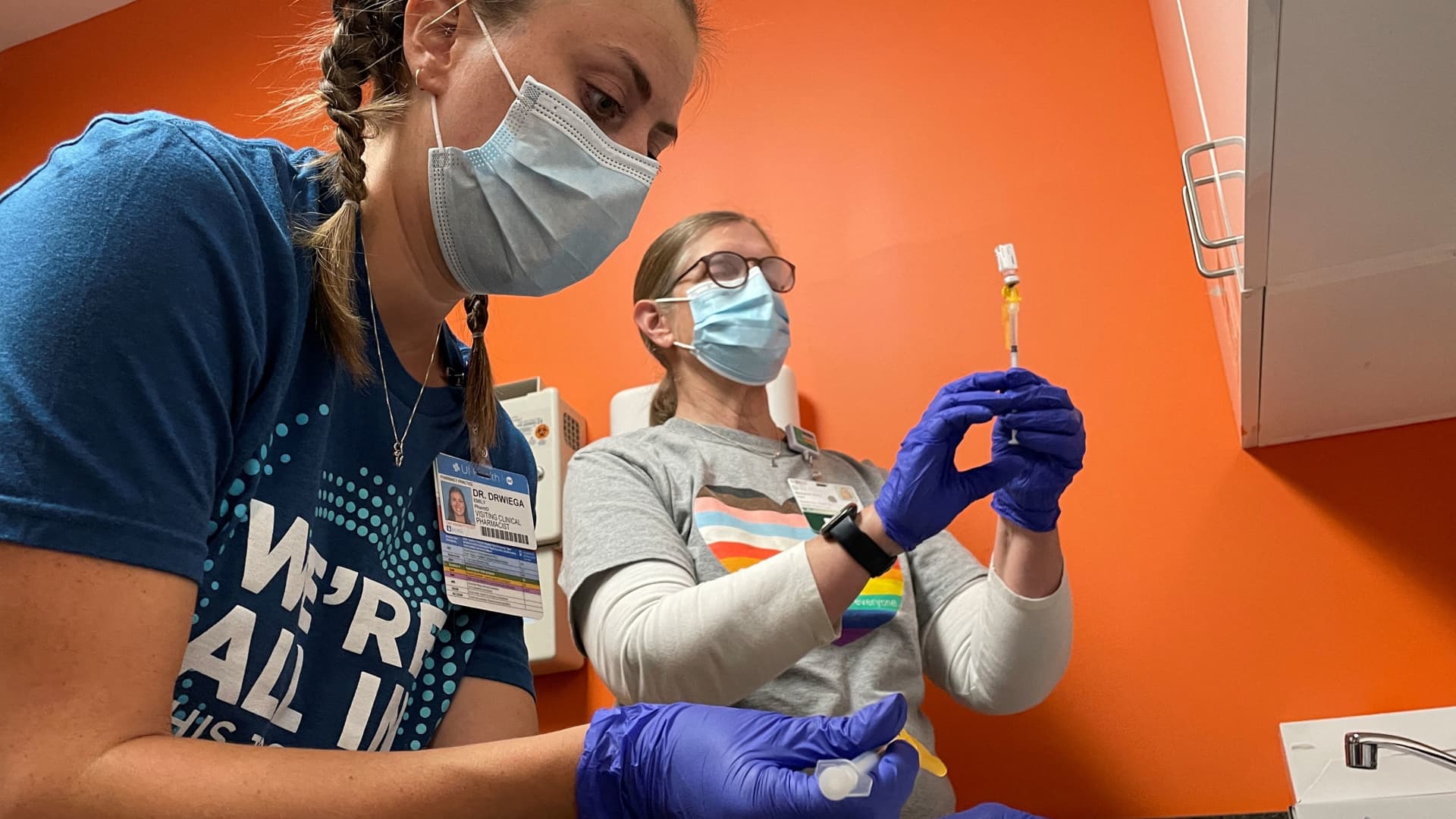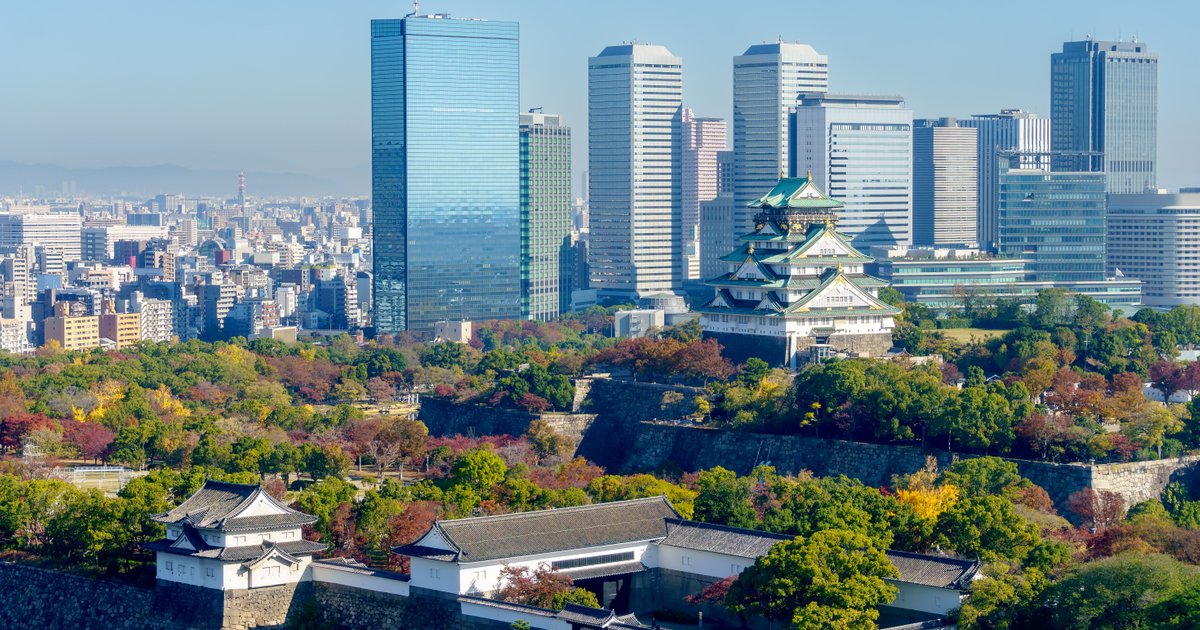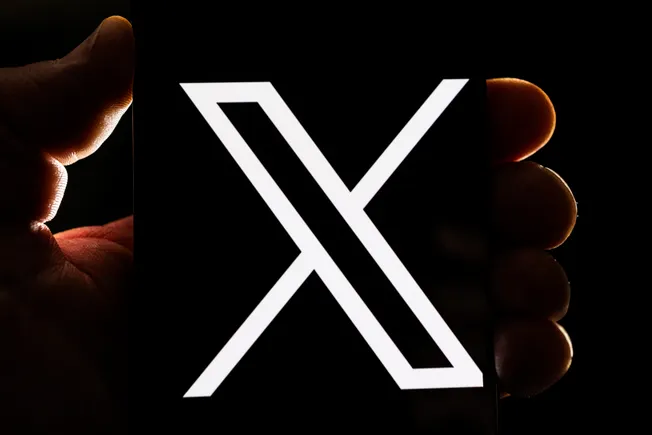People who recently caught Covid can wait a few months to get omicron booster, top health official says
The CDC guidance says waiting three months after infection to get another Covid shot can result in a stronger immune response.
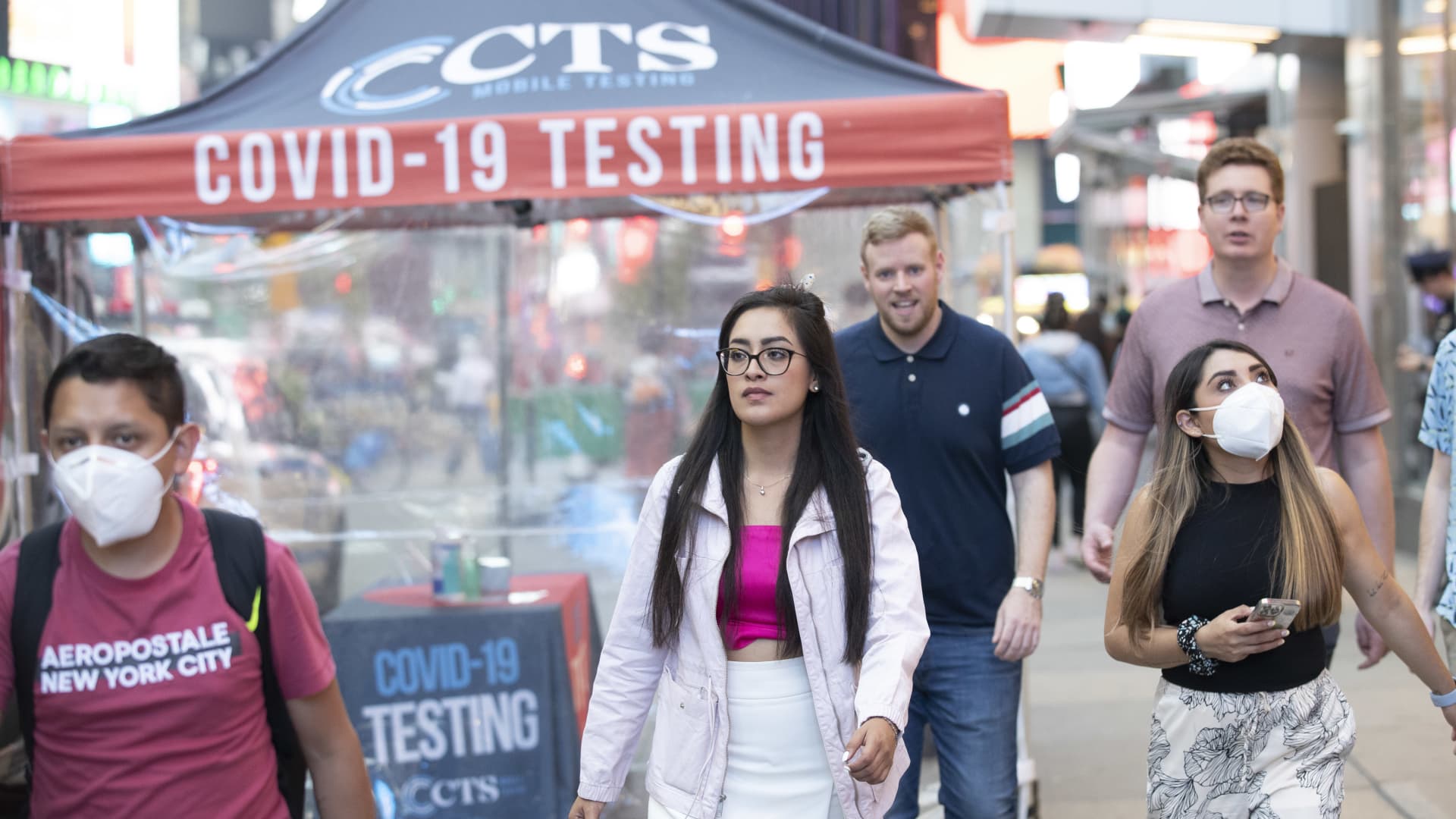
People walk by a Covid-19 testing site at Times Square on May 12, 2022 in New York City.
Liao Pan | China News Service | Getty Images
People who recently caught Covid can wait a few months to get a new omicron booster, White House Covid response coordinator Dr. Ashish Jha said on Tuesday.
Studies have found people who caught Covid after vaccination have substantial protection against the virus, though the data is based on omicron variants that are no longer circulating in the U.S. and immunity wanes over time.
"If you've had a recent infection or were recently vaccinated, it's reasonable to wait a few months," Jha told reporters during a new conference Tuesday.
Jha said everyone else age 12 or older should get a booster shot as soon as they can, particularly the elderly, people with serious medical conditions and those with weak immune systems.
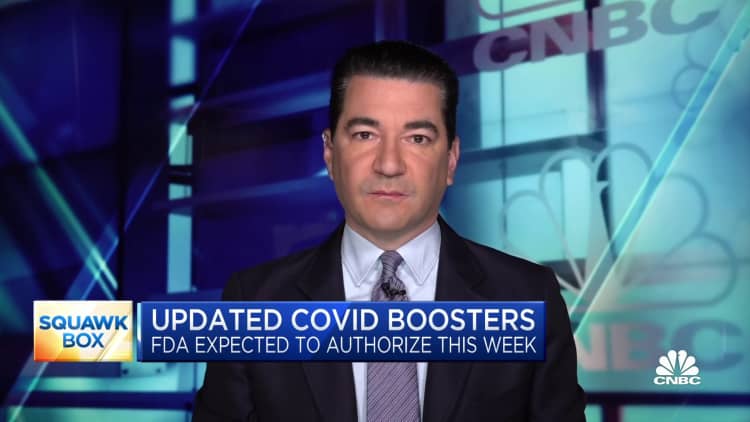
The Centers for Disease Control and Prevention last week cleared boosters that target the dominant omicron BA.5 subvariant. People ages 12 and up are eligible for the new shot at least two months after completing their primary two-dose series or their most recent booster with the old vaccines.
People who are vaccinated and recently caught Covid can wait three months to get their next shot, according to guidance from the CDC. Studies have shown that waiting a few months after an infection to get boosted can result in a stronger immune response from the shot, according to the CDC.
Jha told reporters in July that breakthrough infections in people who are vaccinated have become more common since the omicron BA.5 variant became the dominant form of Covid over the summer. Omicron BA.5 is the most contagious and immune-evasive form of the virus yet, Jha said at the time.
It's unclear how long people are protected after recovering from a BA.5 infection, Jha said in July. The CDC previously thought that infection provided about 90 days of protection, though it's become more common for people to get reinfected before then, Jha said.
Data from Moderna's clinical trial of omicron BA.1 shots showed that people with a previous infection who received the booster had the strongest immune response. This means people who were previously infected and get an omicron booster might have longer protection against Covid, according to a presentation from last week's CDC committee meeting on the shots.
People who received three shots with the original vaccines and then caught Covid had more than 70% protection against infection from the omicron BA.1 and BA.2 variants, according to a study published in the New England Journal of Medicine by Weill Cornell Medicine in Qatar. People who received two doses and caught Covid had more than 50% protection against infection.
But the study might not translate well to the U.S. because Qatar's population is much younger with only 9% of its residents age 50 or older, compared with more than a third of all Americans. Omicron BA.1 and BA.2 also are no longer circulating in the U.S. However, the now-dominant BA.5 variant is very similar to those earlier ones.
HHS Secretary Xavier Becerra said on Tuesday that public health officials are particularly focused on making sure people ages 50 and older get boosted this month.
The CDC cleared a fourth dose of the old vaccines in March for this age group. A fourth dose was about 56% effective at preventing hospitalization from omicron BA.5 four months after receiving the shot, according to CDC data.
U.S. health officials believe the new boosters will provide stronger and more durable protection against Covid because the shots target the omicron BA.5 variant, whereas the old vaccines were developed against the original strain of the virus that emerged in Wuhan, China, in 2019.

 Kass
Kass 







